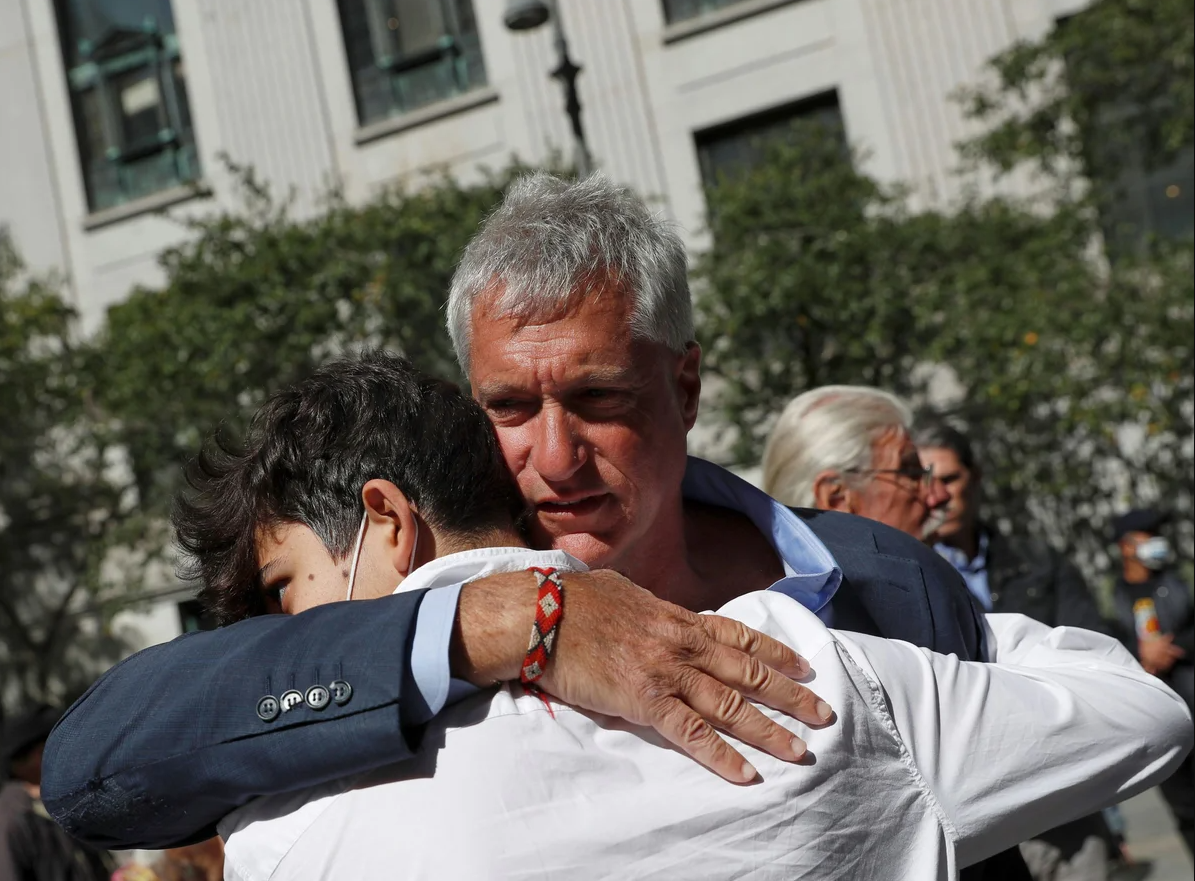
The case began when indigenous communities in Ecuador sued Chevron for severe environmental and health damages caused by oil drilling operations in the Amazon. The court's decision was celebrated as a victory for environmental justice. But Chevron refused to pay the settlement and instead launched an aggressive counterattack, accusing Donziger of corruption and fraud during the trial.
In an unprecedented legal move, a U.S. court appointed a private law firm with ties to the oil industry to prosecute Donziger for contempt of court after federal prosecutors declined to take up the case. Donziger was placed under house arrest for nearly three years before being sentenced to six months in prison—a punishment that many legal experts and human rights groups have criticized as excessive and politically motivated.
Supporters of Donziger argue that his case highlights a worrying imbalance in the legal system, where powerful corporations can exert their influence to suppress accountability. Prominent environmental organizations, legal experts, and public figures have called on President Joe Biden to intervene by granting Donziger a pardon. They emphasize that such an act would not only correct a significant injustice but also reinforce the U.S. government's commitment to protecting environmental advocates and holding corporations accountable.
Donziger's case has become a rallying point for discussions about corporate accountability, environmental justice, and the vulnerabilities faced by those challenging powerful interests. As the pressure mounts for presidential action, the outcome of this case could set a precedent for the treatment of environmental defenders worldwide.